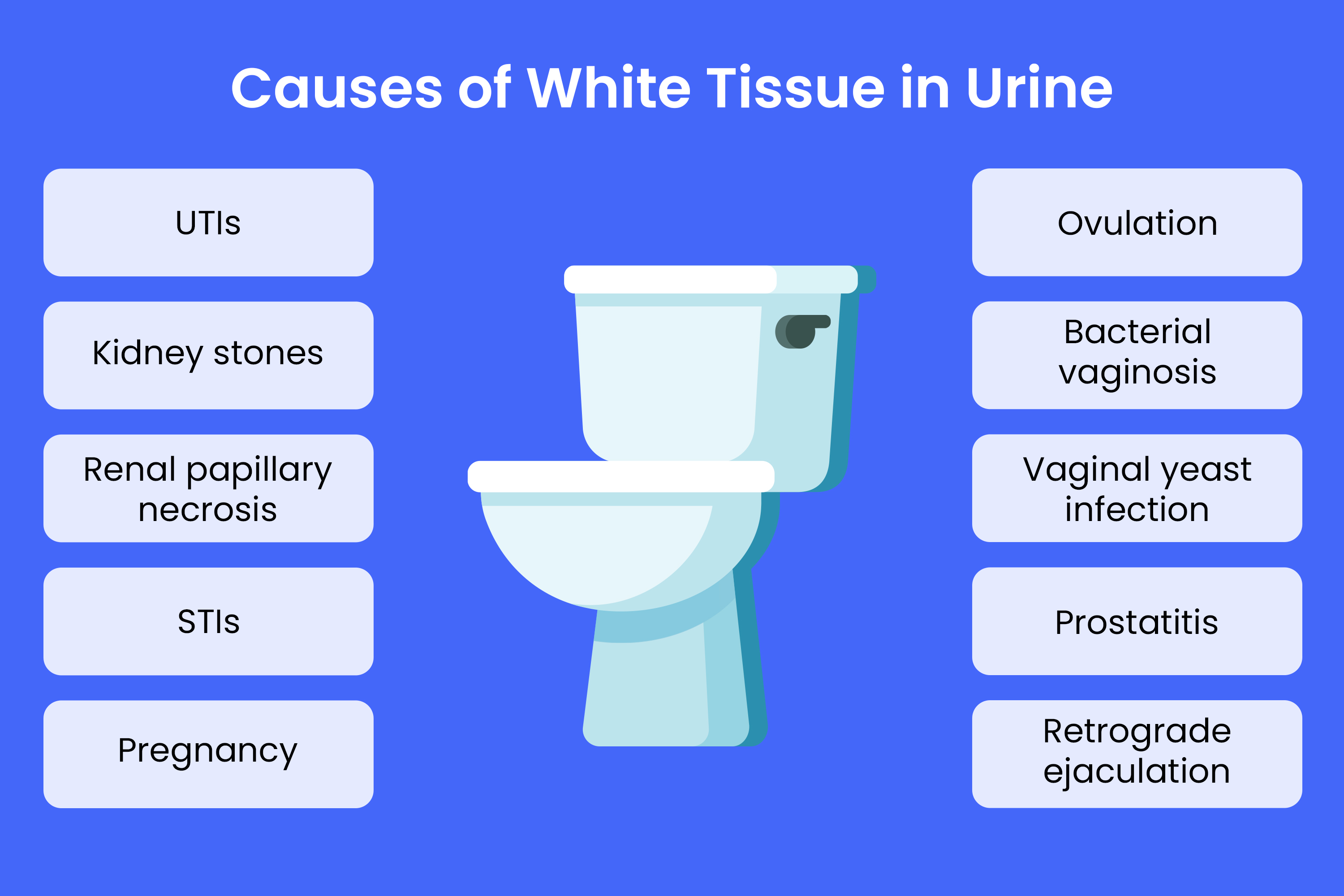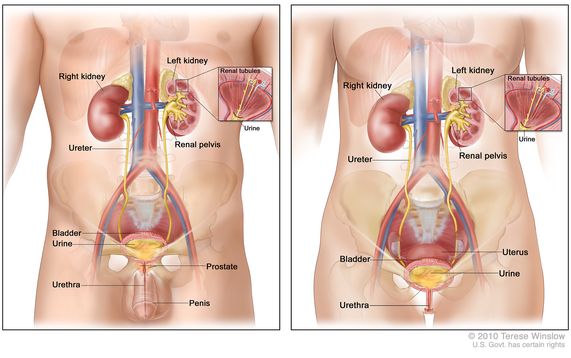Comprehensive Guide to Kidney Stones vs UTI: Medical Diagnosis, Creates, and Alleviation
Comprehensive Guide to Kidney Stones vs UTI: Medical Diagnosis, Creates, and Alleviation
Blog Article
Checking Out the Effects and Causes of Kidney Stones in Comparison to Urinary System Tract Infections: An In-depth Overview
The exploration of kidney rocks and urinary system tract infections (UTIs) exposes a complex interplay of signs and symptoms and underlying causes that call for careful assessment. While both problems can lead to hematuria, they provide distinctive medical functions and arise from different etiological aspects. Understanding the subtleties of each problem is vital for effective diagnosis and administration. What are the vital differences in their signs, and just how might these educate treatment techniques? The solution to these inquiries might provide important understandings right into the avoidance and treatment of these usual urological concerns.
Review of Kidney Stones
Kidney rocks, additionally called kidney calculi, type when specific compounds in the urine crystallize and aggregate, resulting in the advancement of hard deposits within the kidneys. These rocks can differ in dimension, varying from a grain of sand to a golf sphere, and can be composed of various materials, one of the most usual being calcium oxalate, uric acid, struvite, and cystine. The development of kidney rocks is influenced by a number of elements, including dietary behaviors, liquid intake, and genetic predisposition.
Signs and symptoms of kidney rocks might include severe pain in the back or side, blood in the pee, queasiness, and frequent urination, specifically as the rock moves via the urinary system tract. Diagnosis typically entails imaging research studies such as ultrasound or CT scans, together with urinalysis to identify the rock's structure.
Treatment alternatives differ based on the dimension and kind of stone, along with the extent of signs (Kidney Stones vs UTI). Small rocks may pass naturally with raised fluid consumption, while larger stones might need medical treatments such as lithotripsy or surgical elimination. Understanding the pathophysiology and risk variables connected with kidney stones is crucial for reliable prevention and management
Introduction of Urinary System Tract Infections
Urinary system system infections (UTIs) are usual bacterial infections that influence any component of the urinary system, consisting of the kidneys, ureters, bladder, and urethra. They mostly occur when bacteria, commonly from the gastrointestinal tract, enter the urinary system, resulting in swelling and infection. UTIs are classified into 2 primary types: uncomplicated and difficult. Uncomplicated UTIs typically occur in healthy individuals with regular urinary systems, while difficult UTIs might emerge in individuals with underlying conditions, such as architectural abnormalities or endangered body immune systems.
The occurrence of UTIs is especially greater in females than men, mainly due to physiological distinctions, such as a much shorter urethra. Risk elements include sexual activity, specific contraceptive techniques, urinary system retention, and dehydration. The medical diagnosis of UTIs is usually validated via pee examinations, which might disclose the presence of bacteria, white blood cells, or red cell.

Signs And Symptoms of Kidney Stones
The discomfort associated with kidney stones can show up in numerous methods, typically leading individuals to seek clinical focus. One of the most usual signs and symptoms is serious pain, generally localized in the reduced back or side, which may radiate to the abdominal area or groin. This discomfort, commonly explained as sharp or cramping, can occur suddenly and might change in intensity.
Additionally, people might experience hematuria, or blood in the urine, which can vary from tiny total up to noticeable discoloration. This symptom might be come with by modifications in urinary habits, such as raised regularity or necessity, in addition to pain during urination. Nausea or vomiting and throwing up are likewise prevalent, usually arising from the body's reaction to extreme pain.
In many cases, people might experience fever and cools, particularly if a second infection develops as a result of the obstruction triggered by the stones. In general, the combination of extreme pain, hematuria, transformed urinary patterns, and gastrointestinal signs can offer significant insight right into the visibility of kidney rocks, calling for punctual clinical analysis and intervention. Understanding these signs is vital for timely diagnosis and reliable management of the problem.
Symptoms of Urinary Tract Infections
Infections within the urinary system usually present a range of unique signs that can dramatically influence daily life. The most common symptoms include a persistent urge to urinate, frequently gone along with by a burning feeling during urination, called dysuria. Individuals may also experience increased browse this site frequency of peeing, producing small quantities of pee each time.
Various other significant signs and symptoms consist of gloomy or smelly urine, which may indicate the visibility of microorganisms or pus. In some instances, pee might appear red or pink due to the visibility of blood, a problem referred to as hematuria. In addition, people may experience pelvic discomfort or pressure, which can better aggravate the sensation of seriousness.
Systemic signs might likewise materialize, such as fever, cools, and exhaustion, specifically if the infection has ascended to the kidneys. It is important to acknowledge these symptoms early, as neglected urinary system infections can result in more extreme issues. Kidney Stones vs UTI. Prompt clinical interest is advised when these signs and symptoms are observed, enabling for appropriate analysis assessment and therapy to ease discomfort and protect against additional health problems
Sources Of Each Problem
Frequently, kidney rocks and urinary system infections arise from distinctive yet in some cases overlapping reasons that can affect people differently. Kidney rocks generally create due to metabolic variables, dietary options, and genetic proneness. Enhanced degrees of calcium, oxalate, or uric acid in the urine can bring about stone development. Dehydration, inadequate liquid intake, and high-sodium diet regimens can intensify these problems, advertising crystallization within the urinary system system.

Recognizing these distinct reasons is essential for prevention and treatment. Kidney Stones vs UTI. While way of living alterations might minimize the threat Homepage of kidney stones, proper hygiene and prompt therapy of urinary system infections are vital for reducing their recurrence and connected complications
Verdict
In recap, kidney stones and urinary system infections present distinctive symptoms and underlying causes. Kidney rocks are defined by extreme pain and metabolic aspects, while urinary tract infections largely include microbial infections leading to urinary seriousness and pain.
The exploration of kidney rocks and urinary tract infections (UTIs) discloses a complicated interaction of symptoms and underlying reasons that warrant cautious exam.Urinary tract infections (UTIs) are usual bacterial infections that impact any kind of part of the urinary system, including the kidneys, ureters, bladder, and urethra.Regularly, kidney stones and urinary system infections arise from unique yet occasionally overlapping causes that can affect people in a different way.In recap, kidney rocks and urinary system tract infections present see this unique signs and underlying reasons. Kidney rocks are characterized by severe pain and metabolic elements, while urinary system system infections largely entail bacterial infections leading to urinary urgency and discomfort.
Report this page